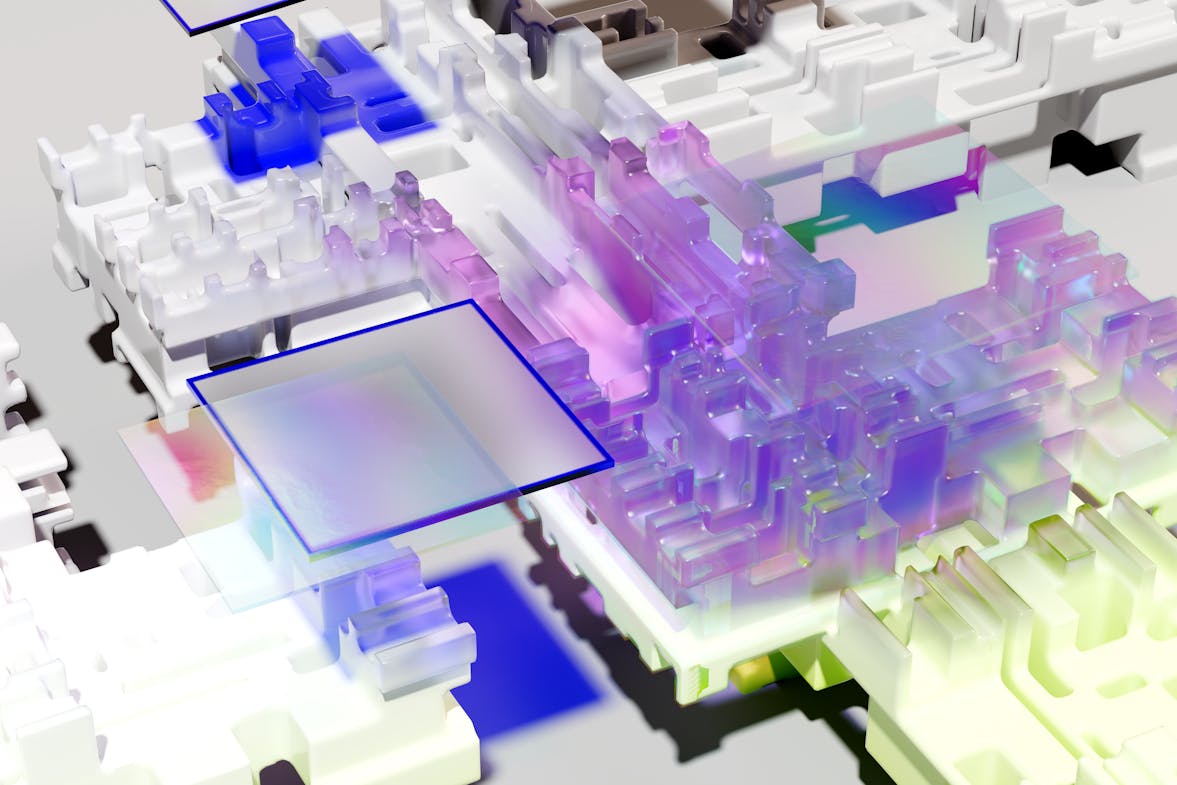As the demand for faster, more secure AI solutions intensifies, decentralized AI startups are becoming a major focus for investors, capturing a rapidly increasing share of venture capital. These startups, which leverage blockchain and cryptography to distribute AI workloads across a decentralized network of computing resources, have seen an impressive surge in funding.
According to PitchBook data, venture capital investment in decentralized AI has more than tripled in 2024, reaching $436 million — a nearly 200% increase compared to the previous year. This influx of funding signals a growing belief in the potential of decentralized models to revolutionize AI computing, challenging the traditional dominance of major tech companies in the AI space.
The Rise of Decentralized AI: A New Frontier in Computing
Decentralized AI startups are tapping into the need for more efficient, scalable, and secure computing resources. These companies are developing networks where idle computing power from individual users can be rented out as tokens, which in turn can be utilized to run AI models and processes. This innovative approach aims to relieve the pressure of high computational demands in AI applications, offering a more distributed and cost-effective solution compared to traditional centralized data centers.
In particular, decentralized AI firms are targeting AI workloads, which often require enormous computing power. Rather than relying on the vast resources of established tech giants like Microsoft or Alphabet, these startups are pushing to democratize AI by offering decentralized solutions that allow users to participate in a shared computing ecosystem.
High-Profile Fundraises Signal Growing Confidence in the Model
Some of the most significant investments in this space have been garnered by startups working on decentralized AI platforms. Sentient, a prominent player in the field, secured $85 million in seed funding in July from Peter Thiel’s Founders Fund for its decentralized AI development platform. Another notable investment was made in Sahara AI, which raised $43 million in August from Pantera Capital and Binance Labs to further develop its blockchain-based AI platform.
These investments are indicative of the growing confidence in decentralized AI as a viable alternative to traditional, centralized AI infrastructure. The ability to distribute AI workloads across a decentralized network provides scalability and efficiency, while reducing the reliance on a few dominant players in the tech industry.
Investor Motivation: A Push for User Control and Privacy
A key driving factor behind the growing interest in decentralized AI is the desire for greater control and privacy. In contrast to the centralized control of data by tech giants, decentralized AI offers users more autonomy over their data, a crucial concern in today’s digital landscape.
Hoolie Tejwani, head of ventures at Coinbase, emphasizes that decentralized AI could shift the balance of power from tech giants to users. “I don’t think anyone wants to live in a world where all our digital lives are controlled by a handful of mega tech corporations that have full access to all our most intimate data,” Tejwani explained. “By applying decentralized systems, AI can be delivered in a way that’s more bottoms-up, more grassroots, more user-centric.”
Tejwani also notes that decentralized AI could drive down costs and enhance both security and privacy for end users. The ability to share computing resources across a network ensures that no single entity has too much control, helping safeguard sensitive data from potential breaches or exploitation.
Challenges and Skepticism Around Decentralized AI
Despite the optimism, there are still significant hurdles to overcome. One of the primary concerns from the cryptocurrency and AI communities is whether decentralized networks can adequately support the large-scale AI models required for cutting-edge applications. Notably, models like OpenAI’s GPT or Anthropic’s Claude demand massive computational resources, which may be difficult to provide across a decentralized network.
Tejwani acknowledges this challenge but remains optimistic, stating that while the capability to run large AI models on decentralized networks is still far from being realized, the potential for decentralized AI in the future is vast. “AI is going to consume and be interwoven into everyone in our digital lives. Crypto and blockchain are no exception,” he said.
Looking Ahead: A Changing AI Landscape
While decentralized AI is still in its early stages, its rapid growth in funding and investor interest suggests it may be a key player in the future of AI technology. By decentralizing the infrastructure needed to run AI workloads, these startups are creating a new model that could significantly disrupt the AI industry and offer users greater autonomy over their data and computing resources.
As venture capital continues to flow into this space, the viability of decentralized AI will be tested in the coming years. However, with the recent surge in funding, these startups are poised to push the boundaries of AI, presenting new opportunities for both investors and end users alike.
References:
- PitchBook (2024). Decentralized AI Startups Funding Reaches $436 Million in 2024. PitchBook.com.
- Coinbase Ventures (2024). Hoolie Tejwani on the Future of Decentralized AI. coinbase.com.
- Binance Labs (2024). Pantera Capital and Binance Labs Back Sahara AI with $43 Million. binance.org.



